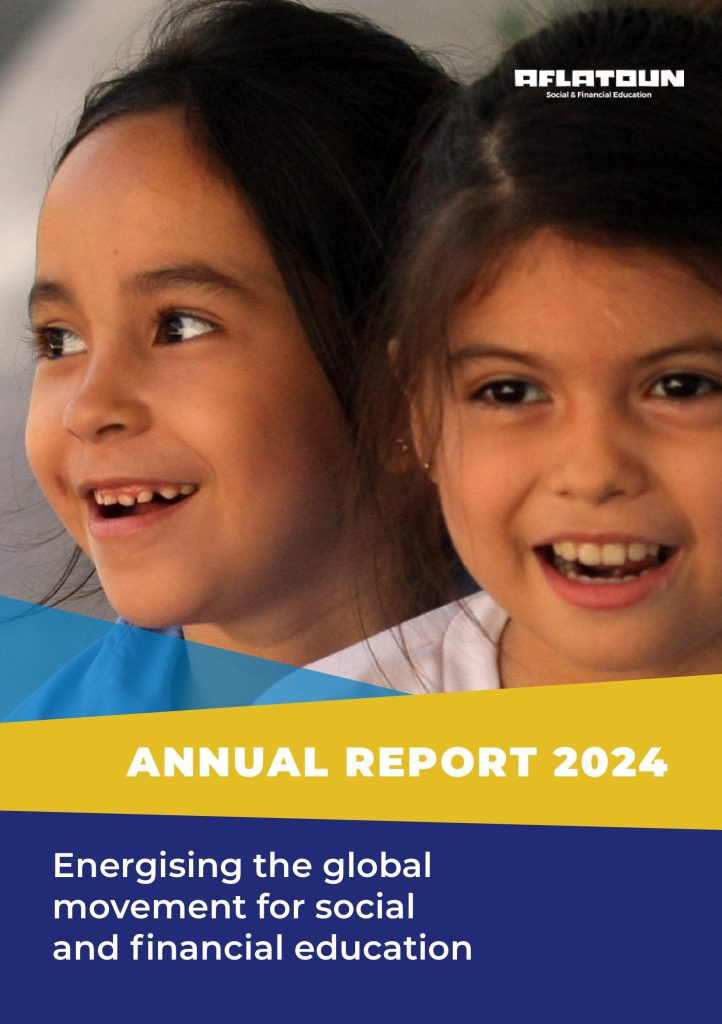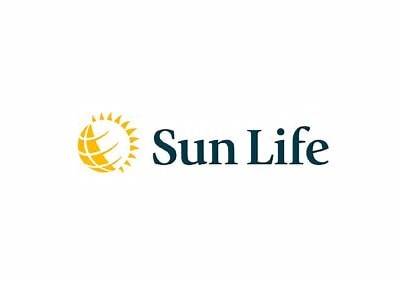For 5 years, the Central Bank of Libya (CBL) has been working to spread banking awareness and financial literacy to ensure financial inclusion in the country and ultimately eliminate financial illiteracy. The decision to work towards this mission stems from the financial and economic crisis that the country suffers from, which led to an encouraging environment for awareness on managing finances, budgeting and banking.
To reach its goals, the Central Bank of Libya carries out a variety of initiatives, including establishing a committee to prepare and implement the national strategy for financial inclusion in the country. They have launched the Libyan Centre for Financial Education and participated in various audio and video radio programmes. They provide support to different projects related to community development and prepare training courses.

Our Partnership
The Central Bank of Libya came to know Aflatoun International at the Johannesburg conference in January 2019, when they met Roeland Monasch, the CEO at Aflatoun. Afterwards, they formally started a partnership with Aflatoun in 2021. According to CBL, this partnership is significant as Aflatoun has profound expertise in Social and Financial Education (SFE) and an extensive network, especially with central banks.
The Central Bank of Libya believes that implementing Aflatoun programmes, including their activities, tools and support, will be fundamental in improving the social and financial education of the communities, especially in regards to the banking sector. To achieve this, the Central Bank has been organising training courses in partnership with Aflatoun with the aim to spread financial literacy by working with the community in Rabwah Libya.

“Save Today, Find it Tomorrow” – A Project on Financial Awareness
The Central Bank of Libya’s initiative to implement SFE began in 2015, when Libyan banks were left with little amounts of cash, due to the instability of the country. Therefore, CBL focused on planning efficient and effective strategies to provide financial inclusion through awareness-raising, specialising in banking awareness from a very young age.
That is why the project named “Save Today, Find it Tomorrow” was started in partnership with the Ministry of Education to implement financial literacy programmes in schools, civil society organisations, and national organisations. “Save Today, Find it Tomorrow” used different tools to encourage financial education, using media such as radio adverts or drama sketches, or using engaging pamphlets, children books, USBs with interactive videos, and flashcards with social and financial vocabulary. These tools are efficient as they educate the younger generation about financial literacy by telling a story and using characters to which students can relate. The project also focused on providing accessible social and financial education to disabled children with mediums that have proven to significantly engage students with the programme in a fun and entertaining way.
“Save Today, Find it Tomorrow” was successful, and it has placed Libya in second place for the Global Finalist Award – MENA region in 2018. In fact, according to the Ministry of Education, statistics showed that around 170,000 children have benefited from the programme over the last 6 years. Although this adds up to only 20% of the goal that the Central Bank of Libya aims to reach, the country’s instability and the Covid-19 pandemic have created countless obstacles. However, the Central Bank of Libya believes that their future strategies can significantly increase the number of children and young people reached by the programme in the near future.













